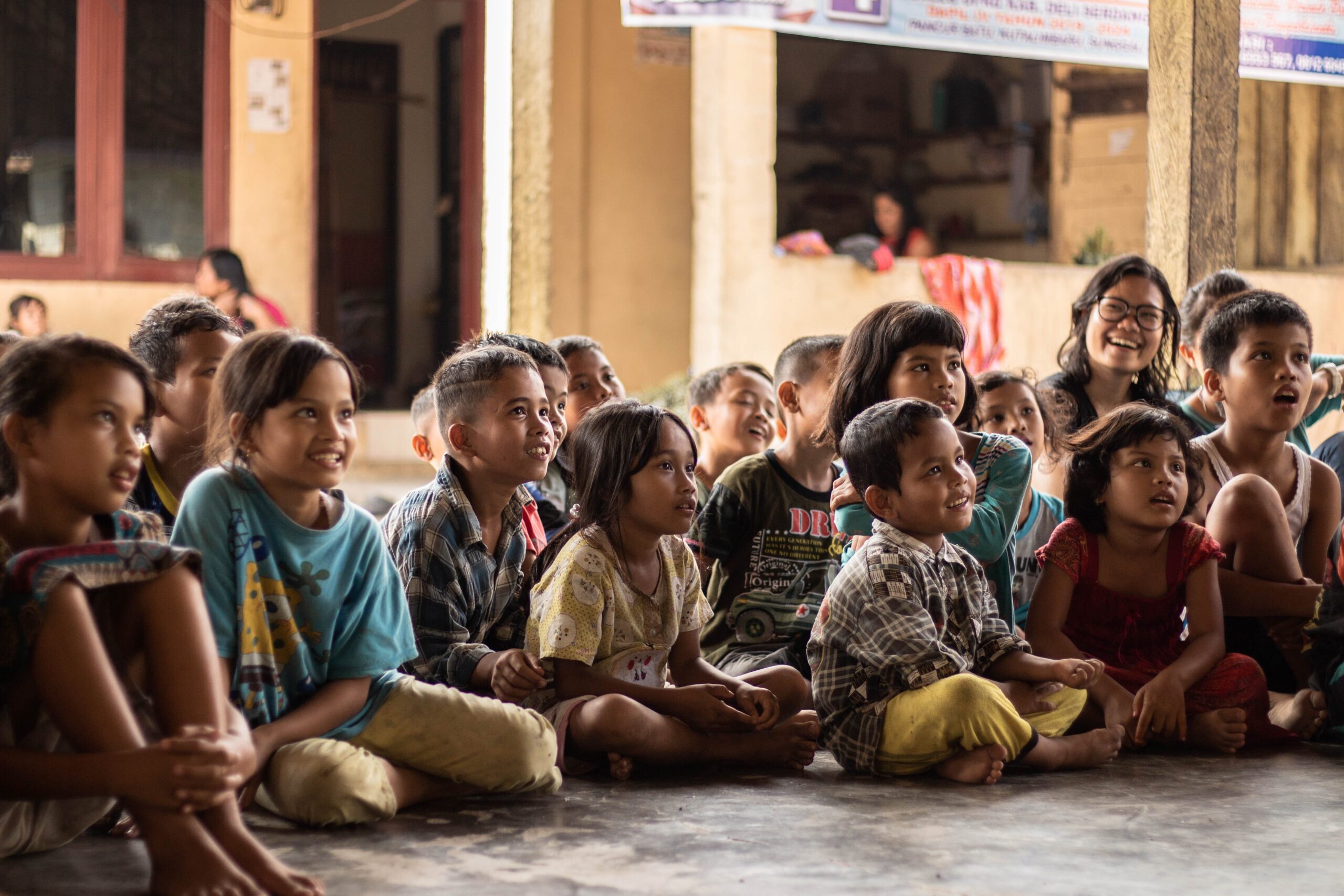Indonesia expects stunting rate to fall 14 percent by 2024

Jakarta (Indonesia Window) – In the midst of the COVID-19 pandemic, the Indonesia government remains to prioritize the stunting rate reduction to 14 percent by 2024.
According to the World Health Organization (WHO), stunting is a growth and development disorder experienced by children due to malnutrition, repeated infections, and insufficient psychosocial stimulation.
At a press conference at the Presidential Palace here on Wednesday (Aug 5), Indonesian Minister of Health Dr. Terawan Agus Putranto said the government keeps implementing health protocols to overcome the COVID-19 pandemic, while at the same time making stunting reduction programs a success.
He added, according to the president’s directives, the stunting reduction program would be focused in 10 regions, then 10 provinces by coordinating all related ministries and institutions, one of which is the Ministry of Social Affairs.
The Minister of Social Affairs, Juliari P. Batubara, explained that President Joko Widodo’s (Jokowi) order was very clear regarding the acceleration of stunting reduction with a target to 14 percent by 2024.
According to him, several programs of the ministry, such as the Program Keluarga Harapan (PKH) or Hope Family Program also includes a health section regarding stunting, which can be synergized with the Ministry of Health’s programs.
The Ministry of Social Affairs and the Ministry of Health can support each other in providing online training materials to the assistants working for the PKH program in order to enhance their capabilities and skills, the social minister said.
Another program from the Ministry of Social Affairs is the Basic Necessities Card or the Non-Cash Food Assistance (BPNT).
“We also propose to add milk products as one of the foodstuffs in the Basic Necessities Card program or BPNT to provide additional nutrition, especially for beneficiary families with pregnant women and early childhood,” the minister of social affairs added.
Presidential directives
At a meeting at the Presidential Palace here on Wednesday (Aug 5), President Jokowi conveyed four directions to accelerate the reduction in stunting rates.
“Data show there is an improvement in the prevalence of stunting from 37 percent in 2013 to 27.6 percent in 2019,” he noted.
According to the president, the decline is quite good, but more efforts need to be made to speed up the reduction of the stunting rate.
“We have to reduce it even faster and our target should be to drop to 14 percent,” the president said, while adding several directives regarding the target.
The president expected the programs to reduce stunting rates to focus on 10 provinces with the highest prevalence of cases, namely East Nusa Tenggara (NTT), West Sulawesi, West Nusa Tenggara (NTB), Gorontalo, Aceh, Central Kalimantan, South Kalimantan, West Kalimantan, Southeast Sulawesi, and Central Sulawesi.
“I ask the Minister of the Interior to talks to the governors, heads of the districts, mayors, and heads of the villages, especially those in the 10 provinces, to make them really concentrate and focus on reducing stunting,” the president said.
Furthermore, he requested that access to health services for pregnant women and infants under five years of age at the Public Health Centers and the Public-based Health Centers remains available in the middle of the pandemic.
“Those to centers should provide additional foods for pregnant women, and supplements, vitamin A for breastfeeding mothers, as well as complementary foods for breastfeeding,” the president added.
The president also asked that promotion, education and campaign on stunting and its preventive efforts should be intensified to pregnant women and their families of increase their understanding.
“I hope the PKK (Family Welfare Movement), religious leaders, community leaders, and volunteers are involved to make the programs become a joint movement in our community,” the president said.
He further requested that efforts to reduce the number of stunting also be linked to social protection programs.
“Especially with the Basic Necessities Card or the Non-Cash Food Assistance (BPNT) programs, and basic infrastructure development projects, so as to reach more underprivileged families,” the president said.
Data from the Directorate General of Public Health at the Ministry of Health shows that the maternal mortality rate in Indonesia was 305 per 100,000 live births in 2015, while 27.7 percent of infants in the country experienced stunting in 2019.
In 2020, the government is expecting the stunting prevalence rate to be 24.1 percent, covering 260 districts/cities throughout the archipelagic country.
Reporting by Indonesia Window

.jpg)








